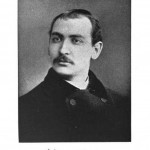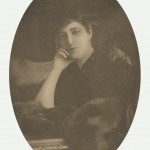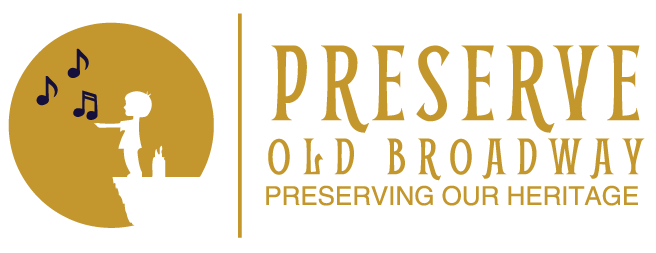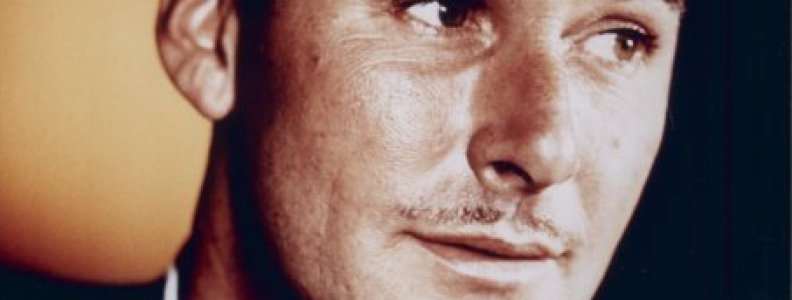American Operetta Summary
The lovely Reginald DeKoven score for Robin Hood (1891.29) contains the marriage song for Robin and Maid Marian, a marriage song that is still sung today: “Oh, Promise Me.” Here is Jan Peerce’s recording from 1947.
The show is based on a stirring true-life story (even better, legend) to sustain it. Yet, the Harry B. Smith libretto lacks the ability to make the subject matter interesting. It is really hard to make Robin Hood uninteresting. Certainly, the Errol Flynn movie, The Adventures of Robin Hood (1938) made it clear that the subject matter was still attractive to the American public. Later, writing with Sigmund Romberg, Smith produced the libretto for Princess Flavia (1925.39), a musical based on Anthony Hope’s novel, The Prisoner of Zenda. Fans of Ronald Coleman and Stewart Granger (stars of movie versions of Hope’s novel, The Prisoner of Zenda) can attest that there has been and still is a large audience for this stirring drama.

Harry B. Smith
Harry B. Smith (1860-1936), brother of Robert B. Smith, wrote a number of librettos and lyrics for the stage. His career started with a translation or adaptation of a Franz Von Suppe comic opera for American audiences in 1879; it ended in the late 1920’s.
Smith wrote the libretto’s for many of Victor Herbert’s (1859-1924) operettas, including The Wizard of the Nile (1895.33), The Serenade (1897.13), The Idol’s Eye (1897.42), The Fortune Teller (1898.60), The Viceroy (1900.25), Babette (1903.37), Miss Dolly Dollars (1905.29), The Tattooed Man (1907.11), Little Nemo (1908.35), The Duchess (1911.36), The Enchantress (1911.38), Sweethearts (1913.24), The Debutante (1914.30) and Angel Face (1919.44).
He also wrote material for revues and worked on musicals with composers Romberg and Walter Donaldson, among others. Smith wrote the book for Sweetheart Time (1926.03), a Donaldson project late in his career.
Henry Blossom (1867-1919) wrote the librettos for Herbert’s Mlle. Modiste (1905.57), The Red Mill (1906.33), The Prima Donna (1908.40), The Only Girl (1914.27), The Princess Pat (1915.23) and Eileen (1917.07).
Glen MacDonough (1866-1924) wrote the librettos for a number of Herbert’s operettas, including The Goldbug (1896.30), Babes in Toyland (1903.31), It Happened in Nordland (1904.54), Wonderland (1905.44) and Algeria/Rose of Algeria (1908.24/1909.23). He also wrote for revues and wrote librettos for shows with A. Baldwin Sloane and Raymond Hubbell.

Rida Johnson Young
Rida Johnson Young (1869-1926) wrote the librettos for Naughty Marietta (1910.35) and The Dream Girl (produced posthumously by The Shuberts, 1924.23).
There were other writers, such as Edgar Smith, Robert B. Smith, Fred de Gresac, Frederick Arnold Kummer, David Stevens, Justin Huntly McCarthy, William LeBaron, George V. Hobart, Stuart Reed, Frederick Rankin, Kirke LaShelle, Stanislaus Strange, Lawrence McCarthy and Anne Caldwell.
The reviews listed in Herbert’s biography by Edward Waters show that the critics were not kind to Herbert’s librettists. In our opinion, these men and women were competent, just not inspired in their work on operettas.
There may be a number of reasons that caused the lack of quality in librettos for operettas, but we observe a remarkable improvement in the librettos for musical shows by the same writers.

